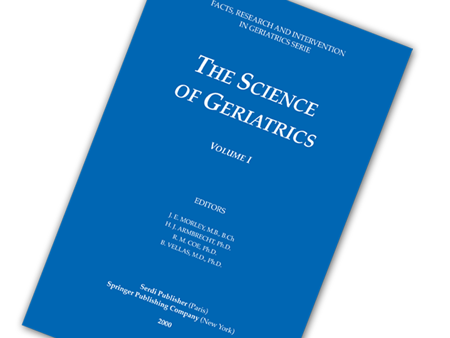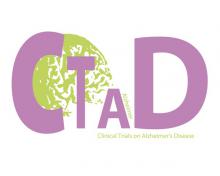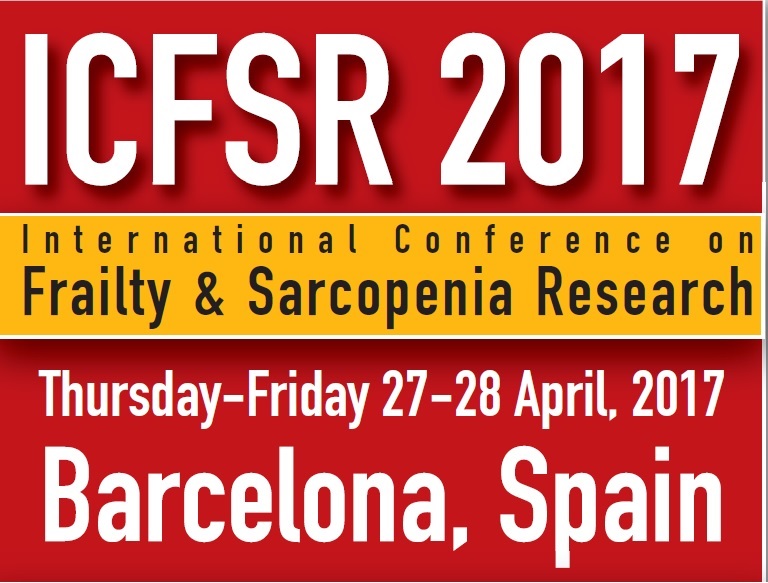Exercise courses during medical school contribute to medical students’ confidence in promoting physical activity to their patients. However, there is still a lack of uniform physical activity education across medical school curricula to equip medical students with the necessary skills and knowledge to counsel their patients about exercise. The objective of the present study by A.D. JADCZAK (J Frailty Aging 2018;7(2):113-119) is to determine the effects of a 1.5-hour physical activity module including a one-hour exercise tutorial combined with a 30-minute practical counselling session on senior medical students’ perceptions of the importance of exercise and their perceived competence in advising older people about exercise. 161 senior medical students taking part in the Queen Elizabeth Hospital Geriatric Medicine course in 2015 (control group) and 2016 (intervention group). Medical students perceived exercise-related skills to be highly important (score ≥4) in both the intervention (4.85 ± 0.37) and control group (4.78 ± 0.67), pre-course. The overall perceived importance could not be significantly increased by the physical activity module (P=0.082). The physical activity module, however, improved medical students’ perceived competence in six out of ten exercise-related skills, and increased their overall perceived competence in counselling older people about exercise (P<0.001). In conclusion a 1.5-hour physical activity module improves senior medical students’ perceived competence in counselling older people about exercise. This research proves that little teaching space is needed to impact positively on medical students’ exercise counselling abilities.



